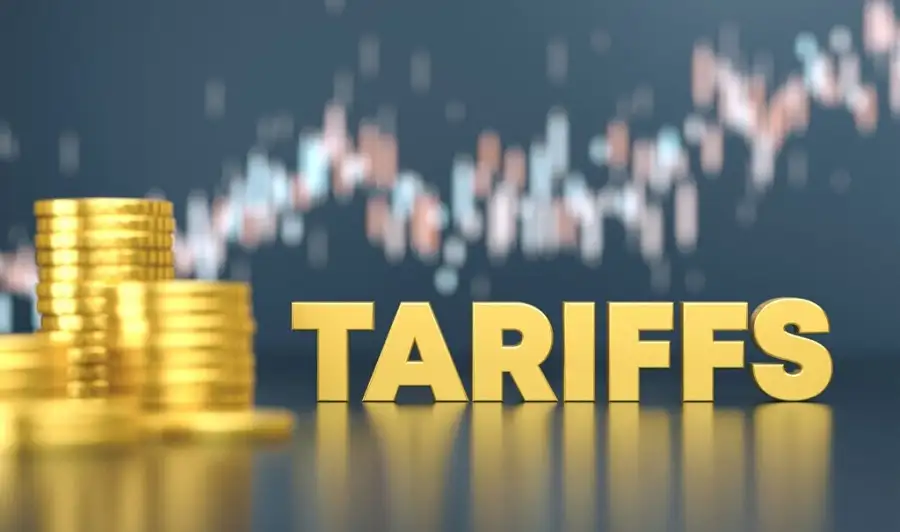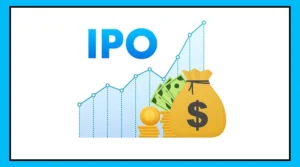US President Donald Trump has announced a 100% tariff on imported branded and patented medicines, effective from October 1.
The goal is to encourage drug companies to set up manufacturing plants inside the US, including projects already “under construction” or “breaking ground.”
In 2024, America imported pharmaceutical products worth $233 billion, so doubling their price could significantly raise healthcare costs.
Why India Could Be Affected
India, known as the “Pharmacy of the World,” supplies 20% of the world’s generic drugs and 60% of vaccines. Around 31% of its $30 billion pharmaceutical exports go to the US.
Companies like Sun Pharma, Lupin, and Dr. Reddy’s provide affordable generic medicines, which make up 9 out of every 10 prescriptions in the US.
This makes India’s pharma industry closely linked to the American market.
Concerns of Supply Disruptions
Indian exporters fear the new tariffs could disturb medicine supplies, especially for drugs used in chronic diseases.
They warn that US patients may face shortages because replacing Indian supply chains could take as long as five years.
Experts also note that the US may end up relying more on China for medicines, which could create national security risks.
Challenges and New Possibilities
Even with these risks, Indian pharma companies see some opportunities. Many are expanding into new global markets, investing more in research and development, and forming new partnerships.
Some industry leaders believe this situation could push India toward greater self-reliance and innovation, while also reshaping global trade in pharmaceuticals.
























